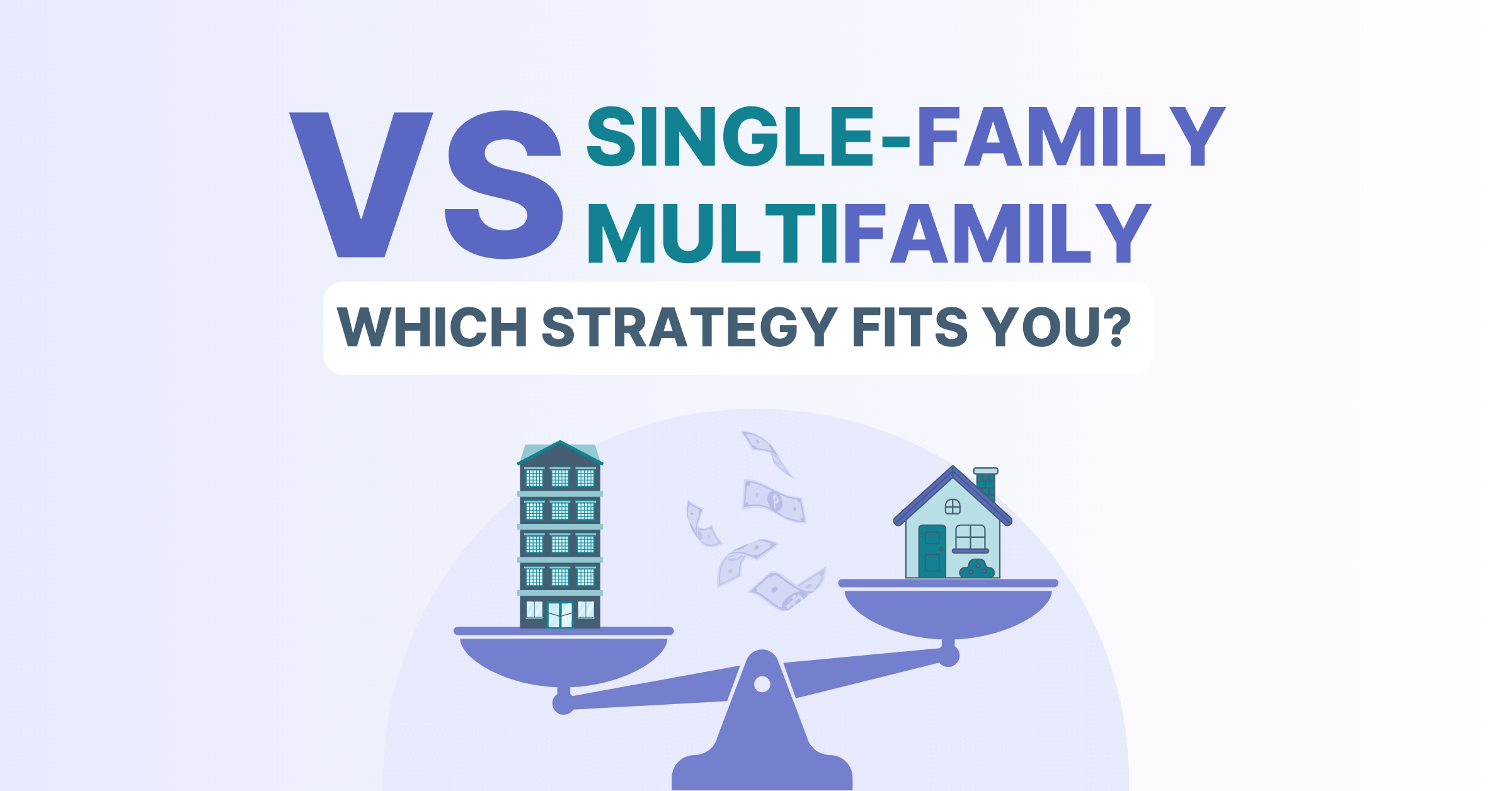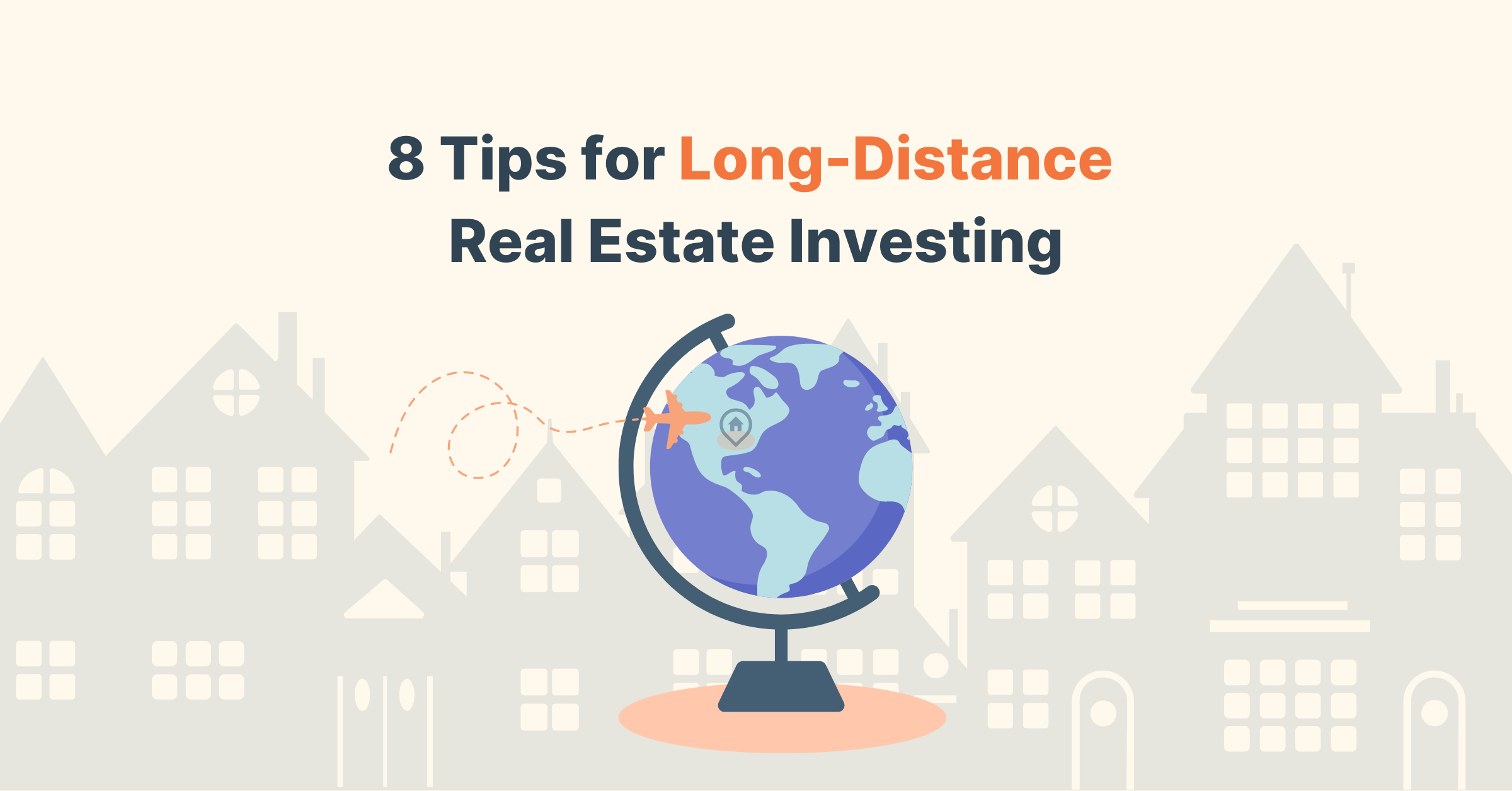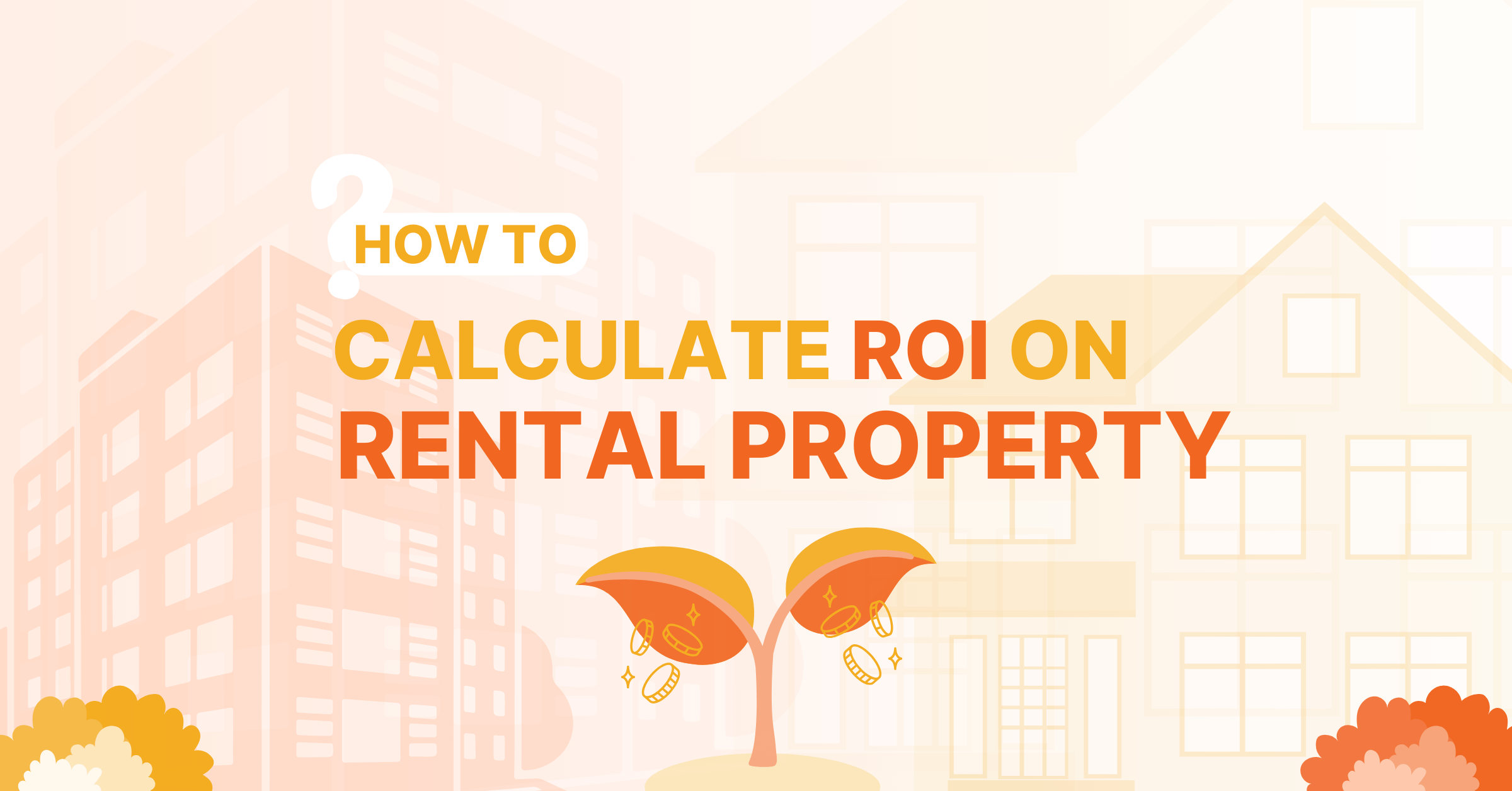Good news for real estate investors! Interest rates have dropped from around 5% in November 2018 to under 4%, where they’re expected to remain through 2020. For buy-and-hold investors who plan to retain long-term ownership over their rental properties, this interest rate drop can open financial opportunities through refinancing.
Let’s look at the top three reasons to refinance your investment property mortgage loans and see how a refinance can improve your financial position.
1. To Leverage Your Equity
As a real estate investor, you’re always looking for a new deal, right? But financing that new deal isn’t always easy. Luckily, you can tap into the equity you’ve built in your existing portfolio. With a cash-out refinance, you can turn your equity into cash to fund your new real estate investment.
Just make sure your new deal is worth the time and effort before you tackle the cash-out refinance process. To be a killer deal, your prospective investment property should be under market value (like a distressed property). And, unless the property is truly turn-key, you should use a smart Rehab Estimator that uses local labor and material cost information to calculate your rehab costs. You want the most accurate cost assessment possible so you can weigh it against the equity you can leverage in a refinance.
2. To Get a Lower Monthly Payment
When you need to improve your cash flow, consider refinancing for a lower monthly payment. There are two ways to get a lower monthly payment by refinancing your investment property mortgage: get a lower interest rate or extend the term of your loan.
Getting a lower interest rate is ideal because this will also reduce the long-term interest expense. If interest rates were higher when you got your current mortgage (or if your credit score wasn’t as good back then as it is now), you should be able to qualify for a lower interest rate, which will automatically reduce your monthly payment.
And if you already have an exceptionally low interest rate, you can refinance your investment properties for a longer term, which will spread your balance over more months to lower your monthly payment. Just know you’ll pay more in the long run.
3. To Save Money in the Long Term
As mentioned, getting a lower interest rate won’t just lower your monthly payment, it will also reduce your long-term costs by reducing your overall interest expense. If you qualify today for a lower rate than your current rate, take advantage with a refinance.
Another money-saving opportunity is to refinance an ARM (adjustable-rate mortgage) to a fixed-rate mortgage. You may have used an ARM to purchase your investment property because ARMs typically come with a lower introductory rate than a fixed-rate mortgage. But since your interest rate over time is tied to the market index, your rate will rise as interest rates rise in the future. With rates at historic lows, now is a great time to refinance for a low fixed-rate mortgage that’s guaranteed to remain constant throughout the term of the loan.
With rates looking low for the near future, it's a great time to revisit your mortgage and see if refinancing your investment property mortgage loans is the right move for you.



